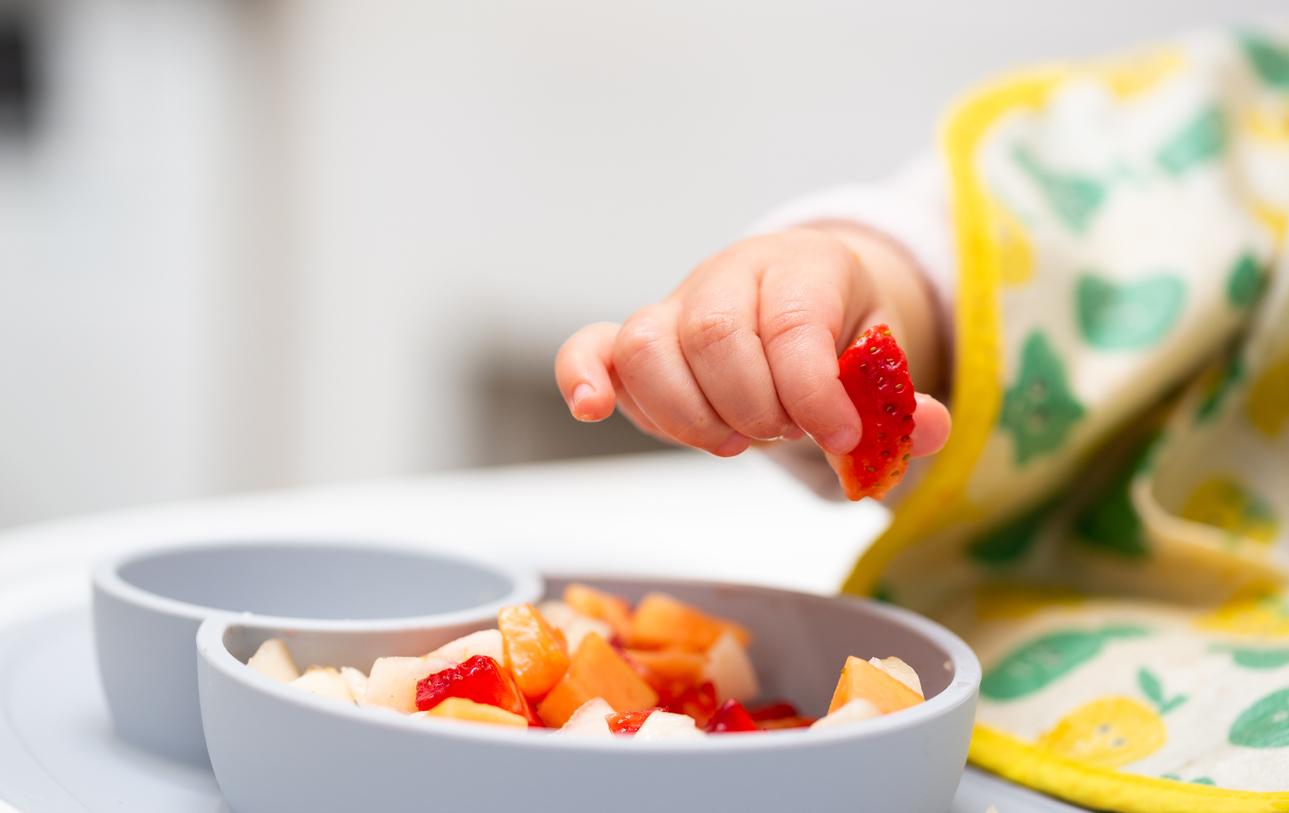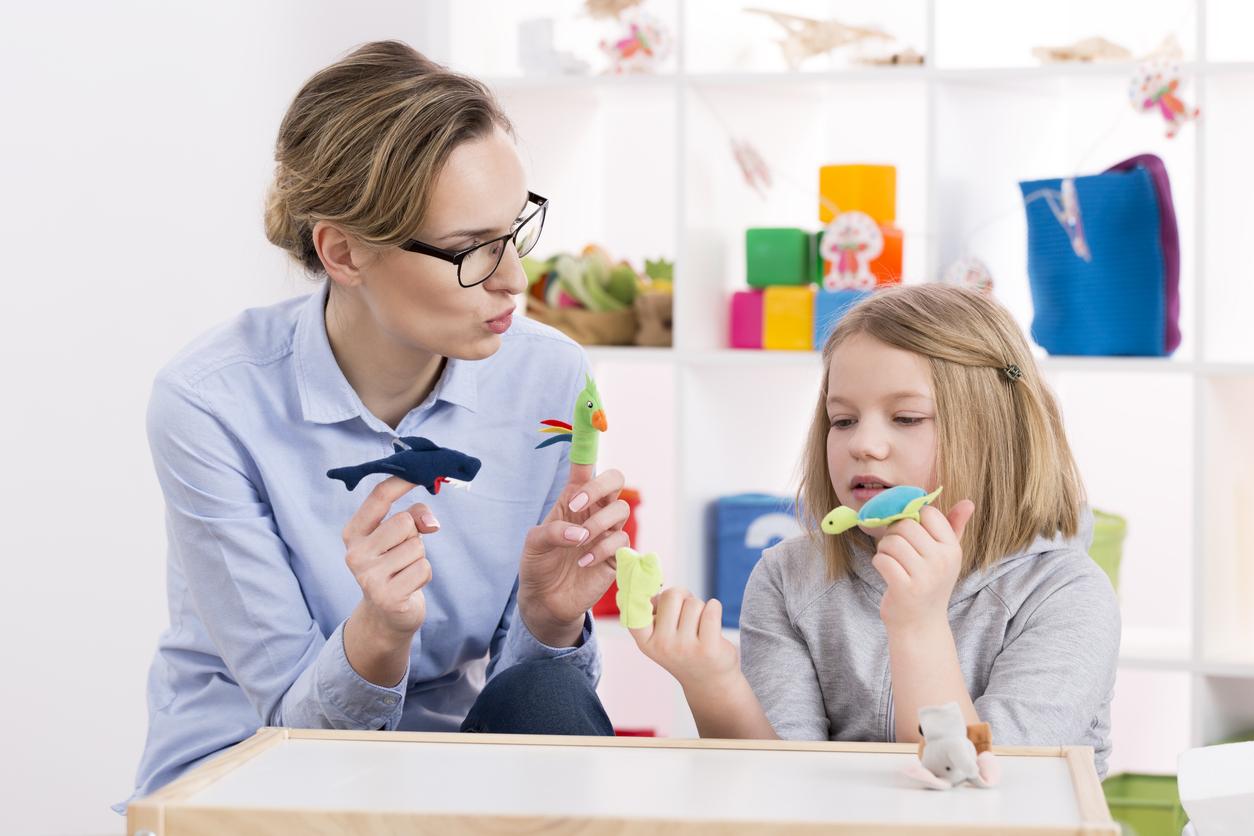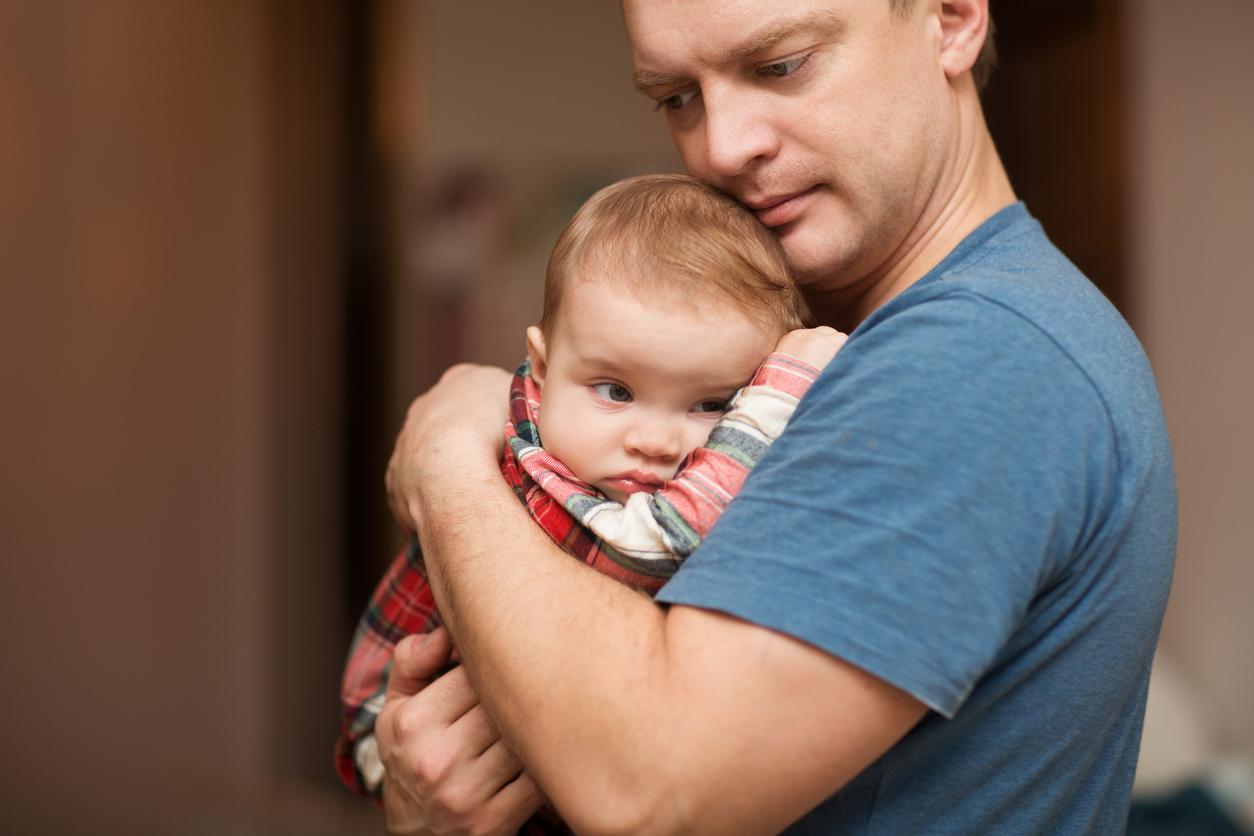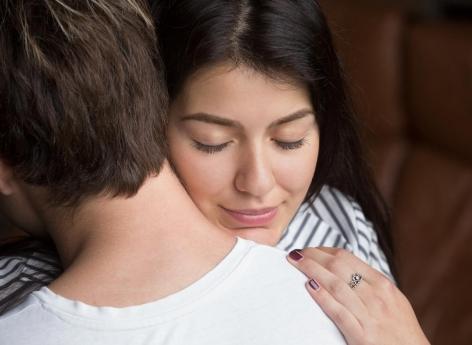The construction of the type of attachment in childhood can have an impact on our romantic relationships as adults.

- Our romantic relationships can be influenced by the construction of the attachment bond during childhood.
- Knowing how to recognize an attachment disorder can help you understand your partner’s reactions.
- Depending on the type of attachment, it is possible to modify one’s behavior to facilitate the romantic relationship.
Attachment theory, described by John Bowlby, explains the link between the mother’s emotional relationship with her baby and the consequences on her relationships with others as the child grows. Knowing how to recognize an attachment disorder can help to better understand how a person reacts in their relationship.
The different types of attachment
There are four main types of attachment which can lead to consequences in adulthood:
- Secure attachment: when the child has grown up in a predictable and consistent environment.
- Anxious attachment: where the child has built himself up with inconsistencies and unpredictability, suggesting that his actions are totally independent of what will happen.
- Avoidant attachment: the child thinks that he cannot expect anything from others even in the most difficult times, it results in very autonomous and cautious behavior in adulthood, with emotional difficulties.
- Disorganized attachment: association of anxious and avoidant attachments that produces suffering in relationships with others. These adults often feel frustrated in their relationships.
How to deal with your partner’s attachment issues
Depending on the type of attachment, your behavior can be adjusted to improve the relationship:
- In cases of anxious attachment, no amount of love is enough and stability seems impossible. Therefore, you need to emphasize the unconditional nature of your love and set boundaries so that your partner feels safe.
- For avoidant attachment, your partner needs their own space but also needs to learn to trust you and also ask for help.
- When it comes to disorganized attachment, relationship problems are often linked to ambivalence between your partner’s needs and their behavior. He often shows anger and anxiety, which is why you should recommend psychotherapy.
Find out more: “Healing attachment wounds: Learning to build peaceful bonds” by Gwénaëlle Persiau.

















